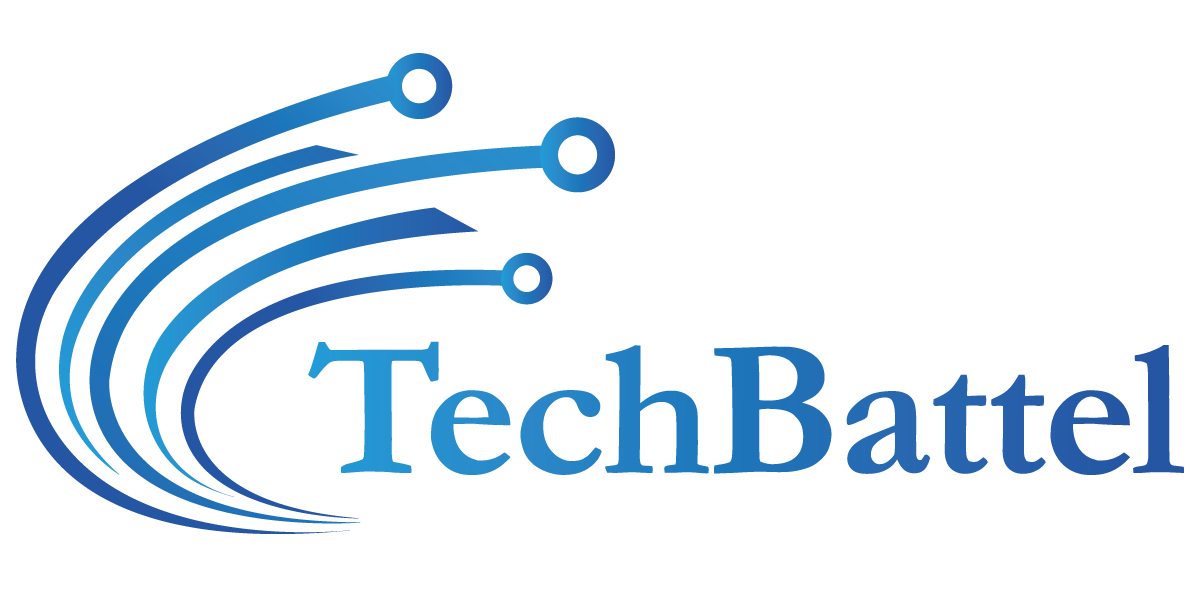Introduction:
In times the incorporation of Artificial Intelligence (AI), across industries has brought about a revolutionary impact on our daily lives and work. One particular area where AI has displayed promise is in the realm of Legal, Legislative and Municipal (LLM) applications. The integration of AI within LLM app platforms has substantially improved the efficiency, accuracy and accessibility of processes. This article delves into the advantages and hurdles associated with merging AI into LLM app platforms while highlighting its potential for reshaping the landscape of the industry.
Enhanced Document Management:
The introduction of AI-powered LLM app platforms has transformed how legal professionals handle document management during proceedings. By examining and categorizing documents AI algorithms proficiently organize, index and retrieve pertinent information. This streamlines the process of reviewing documents saving time and resources for those in the field. Additionally, these AI powered platforms possess the ability to identify irregularities, discrepancies and potential risks within documents—ensuring precision while reducing the likelihood of errors.
Legal Research and Case Analysis:
The integration of AI into LLM app platforms has opened up possibilities for conducting legal research and case analysis. Advanced algorithms can rapidly. Analyze volumes of legal data encompassing precedents, statutes, regulations, alongside other relevant materials. AI powered platforms that utilize machine learning and natural language processing techniques have the capability to offer lawyers pertinent search results. This empowers legal professionals to efficiently navigate matters resulting in saved time while simultaneously elevating the caliber and thoroughness of their research.
Predictive Analytics and Decision Support:
Another significant advantage of integrating AI into LLM application platforms is the ability to utilize analytics and decision support systems. By examining past data AI algorithms can detect patterns, trends, and potential outcomes assisting lawyers in making informed judgments. These systems can evaluate the validity of arguments, and forecast case results. Offer valuable insights into legal strategies. By harnessing the capabilities of AI legal professionals can enhance their decision-making skills. Improve their representation of clients.
Automation of Routine Tasks:
The integration of AI, into LLM application platforms has the potential to automate repetitive tasks allowing legal experts to dedicate time to higher-value activities. Tasks like contract drafting, due diligence, and reviewing documents can be automated using AI algorithms. This not improve efficiency. Also minimizes the likelihood of human errors. By automating these tasks legal professionals can allocate their time and expertise toward aspects of their work such as interacting with clients and conducting complex legal analyses.
Challenges and Ethical Considerations:
While integrating AI into LLM application platforms offers advantages it also brings forth challenges and ethical considerations. The dependence, on AI algorithms, raises concerns regarding data privacy, security measures, and bias. It is crucial to ensure that AI-powered platforms adhere to regulations surrounding data protection as well as ethical guidelines. Moreover, it is crucial to establish transparency, in the decision-making procedures of AI systems to foster trust and minimize the potential, for results.
Future Implications:
The integration of AI, into LLM app platforms is still in its stages. We have yet to fully grasp its complete potential. As AI technology continues to advance we can anticipate enhancements in research case analysis and decision support systems. Additionally, AI powered chatbots and virtual legal assistants are emerging as resources for clients seeking legal advice and assistance. Moreover, the combination of AI with emerging technologies like blockchain and smart contracts has the potential to revolutionize how legal transactions are conducted.
Conclusion:
The integration of AI in LLM app platforms has unlocked opportunities, within the industry. By improving document management automating tasks and offering research capabilities AI powered platforms are transforming the way legal professionals operate. However, it is crucial to address the challenges and ethical considerations that come with integrating AI. Through implementation and ongoing advancements, AI holds the potential to revolutionize the industry by enhancing efficiency, accessibility, and overall service quality. The future of LLM app platforms lies in harnessing the power of AI to create a streamlined and effective legal ecosystem.

